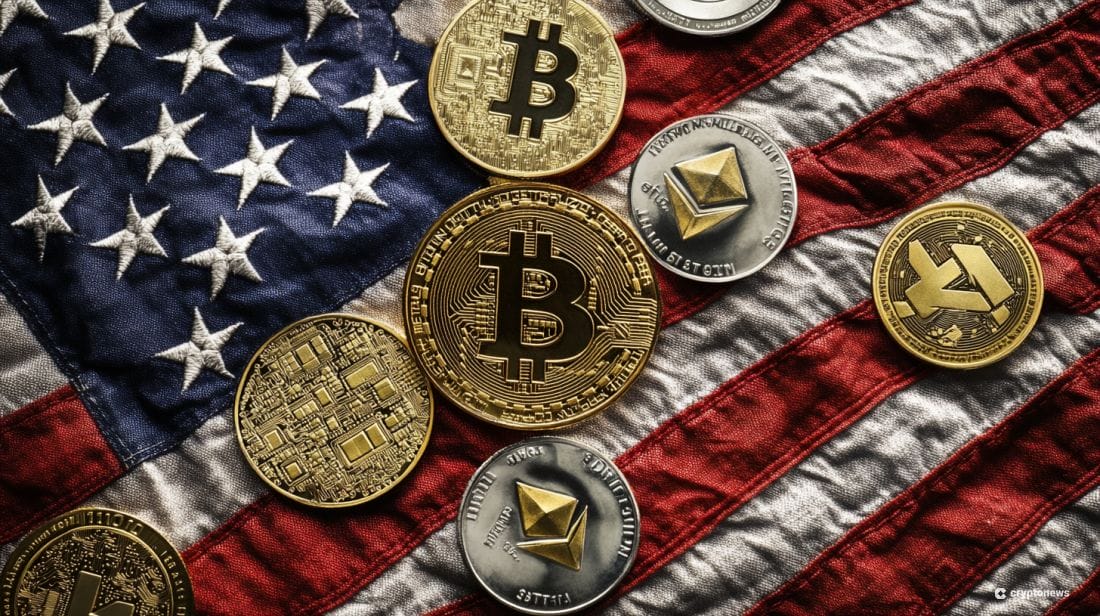Gemini co-founder Tyler Winklevoss recently expressed his disappointment with the Crypto For Harris event that supports Kamala Harris’ 2024 U.S. presidential election campaign. The event, hosted by a Democratic collective, featured high-profile speakers like Anthony Scaramucci, Chuck Schumer, Kirsten Gillibrand, and Mark Cuban. However, Winklevoss criticized the event for pre-recorded videos and a lack of Harris’s presence, calling it a “clown show.”
The Winklevoss brothers are known for their conservatism and support for Republican causes. They donated $1 million worth of Bitcoin each to Donald Trump’s presidential campaign in June, emphasizing Trump as the pro-Bitcoin and pro-crypto choice. Trump has shown crypto-friendly inclinations, pledging to make the U.S. the “crypto capital of the planet” and promising industry regulations written by supporters of the industry.
Reports suggest that the Winklevoss brothers have donated approximately $4.9 million to the crypto super PAC Fairshake, which has raised over $200 million in total funds, becoming the largest super PAC ahead of the 2024 U.S. presidential election. In contrast, the Crypto For Harris event is seen as a last-minute attempt to garner crypto-related support for Kamala Harris as voters approach the November elections.
The Winklevoss brothers’ support for Trump and the crypto industry highlights the intersection of politics and cryptocurrency. With differing views on the future of digital assets and regulations, their donations and criticisms reflect the divide within the crypto community and its alignment with political ideologies.
As the 2024 U.S. presidential election approaches, the role of cryptocurrency in campaign fundraising and support becomes increasingly prominent. Candidates’ stances on digital assets and blockchain technology can sway voters within the crypto community, making events like Crypto For Harris significant in mobilizing support from this demographic.
The clash between the Winklevoss brothers and the organizers of Crypto For Harris underscores the diversity of opinions within the crypto sphere and its intersection with mainstream politics. As traditional and digital worlds collide, the influence of cryptocurrency on political campaigns and policy decisions is likely to grow, shaping the future of both spheres.
In conclusion, the controversy surrounding the Crypto For Harris event and the Winklevoss brothers’ criticisms exemplify the complex relationship between cryptocurrency, politics, and ideology. As the crypto community becomes increasingly involved in political discourse, the influence of digital assets on election campaigns and policy agendas will continue to evolve, highlighting the intersection of finance, technology, and governance in the modern political landscape.










